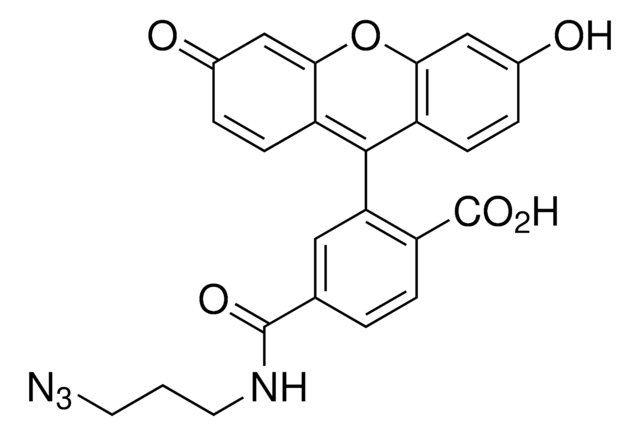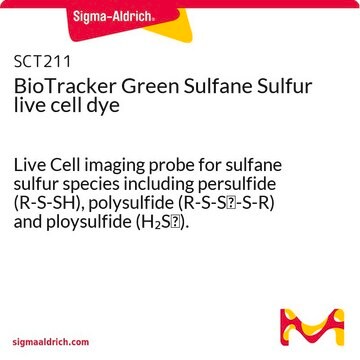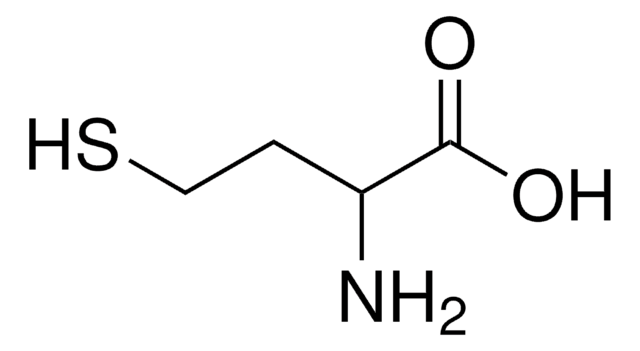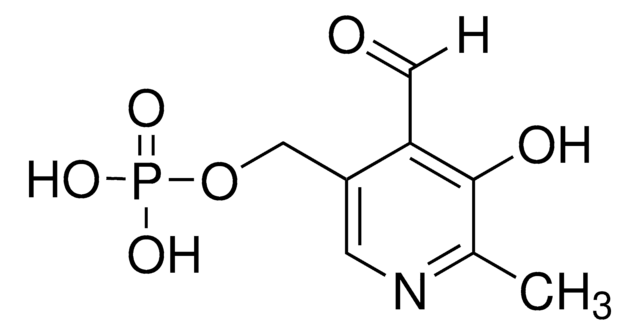802409
7-Azido-4-Methylcoumarin
97%
Synonym(s):
4-Methyl-7-azidocoumarin, 7-Azido-4-methyl-2H-1-benzopyran-2-one
About This Item
Recommended Products
Quality Level
Assay
97%
form
powder
mp
117.8 °C
SMILES string
CC1=CC(=O)Oc2cc(ccc12)N=[N+]=[N-]
InChI
1S/C10H7N3O2/c1-6-4-10(14)15-9-5-7(12-13-11)2-3-8(6)9/h2-5H,1H3
InChI key
HEKDKVLIMUWRRZ-UHFFFAOYSA-N
Looking for similar products? Visit Product Comparison Guide
Application
Caution: Use of this product with DTT, TCEP and/or biological thiols >25mM should be avoided for maximum efficiency.
AzMC is readily soluble in DMSO.
Storage Class Code
11 - Combustible Solids
WGK
WGK 3
Flash Point(F)
Not applicable
Flash Point(C)
Not applicable
Choose from one of the most recent versions:
Certificates of Analysis (COA)
Don't see the Right Version?
If you require a particular version, you can look up a specific certificate by the Lot or Batch number.
Already Own This Product?
Find documentation for the products that you have recently purchased in the Document Library.
Customers Also Viewed
Our team of scientists has experience in all areas of research including Life Science, Material Science, Chemical Synthesis, Chromatography, Analytical and many others.
Contact Technical Service

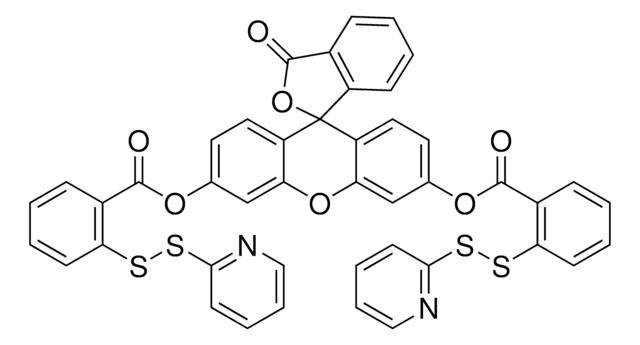
![7-Diethylamino-3-[N-(2-maleimidoethyl)carbamoyl]coumarin suitable for fluorescence, BioReagent, ≥97.0% (HPLC)](/deepweb/assets/sigmaaldrich/product/structures/341/038/a7e0c464-8abe-4eb0-b253-6537f649d89c/640/a7e0c464-8abe-4eb0-b253-6537f649d89c.png)



